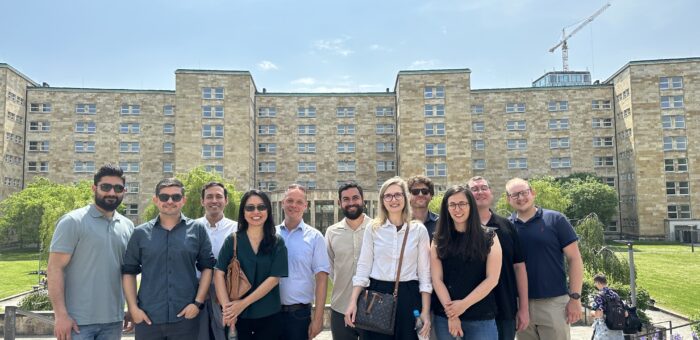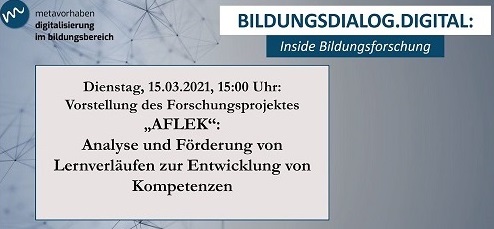
A Vibrant Week of Exchange Between Brazilian and German LA Researchers
Higher Education, Learning Analytics, Multimodal Learning Analytics, Research Methods, Research topic, Workshop
From May 22 to 25, 2023 five esteemed guest researchers from Brazil visited the EduTec team in Frankfurt in the context of the Humboldt Foundation's Connect Program. This productive exchange not only shed light on the current state of Learning Analytics (LA) research in Brazil and Germany but also paved the way for potential collaborative research activities. Status of LA research in Brazil The week began with a discussion of the role of LA in the global South. Rafael Ferreira Mello from the Federal Rural University of Pernambuco (UFRPE) emphasized the importance of adapting LA methodologies to the specific context and needs of Brazil, ensuring inclusivity and accessibility in educational initiatives. Diego Dermeval from the Universidade Federal de Alagoas (UFAL) highlighted the potential of AI and LA in supporting teachers…









